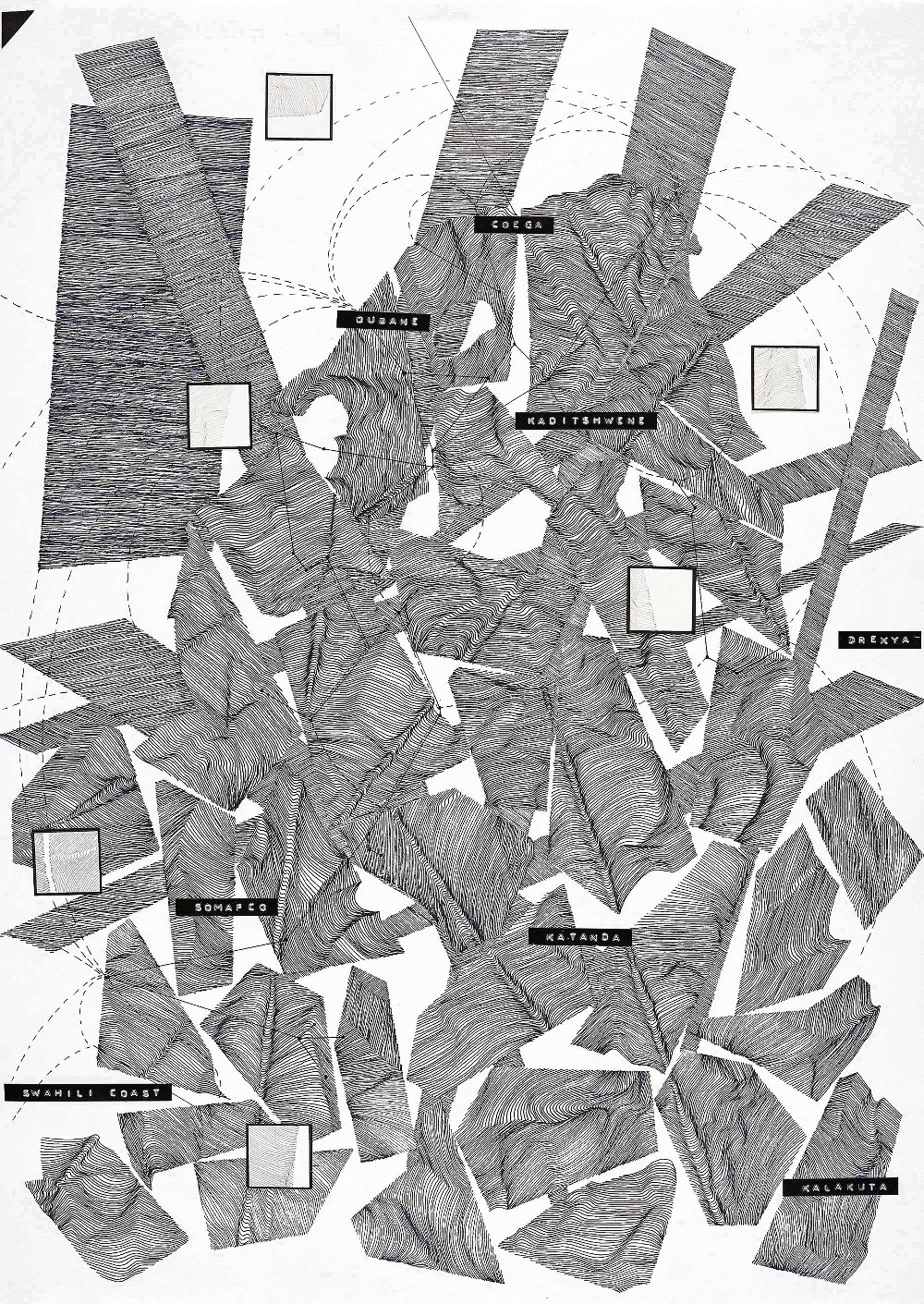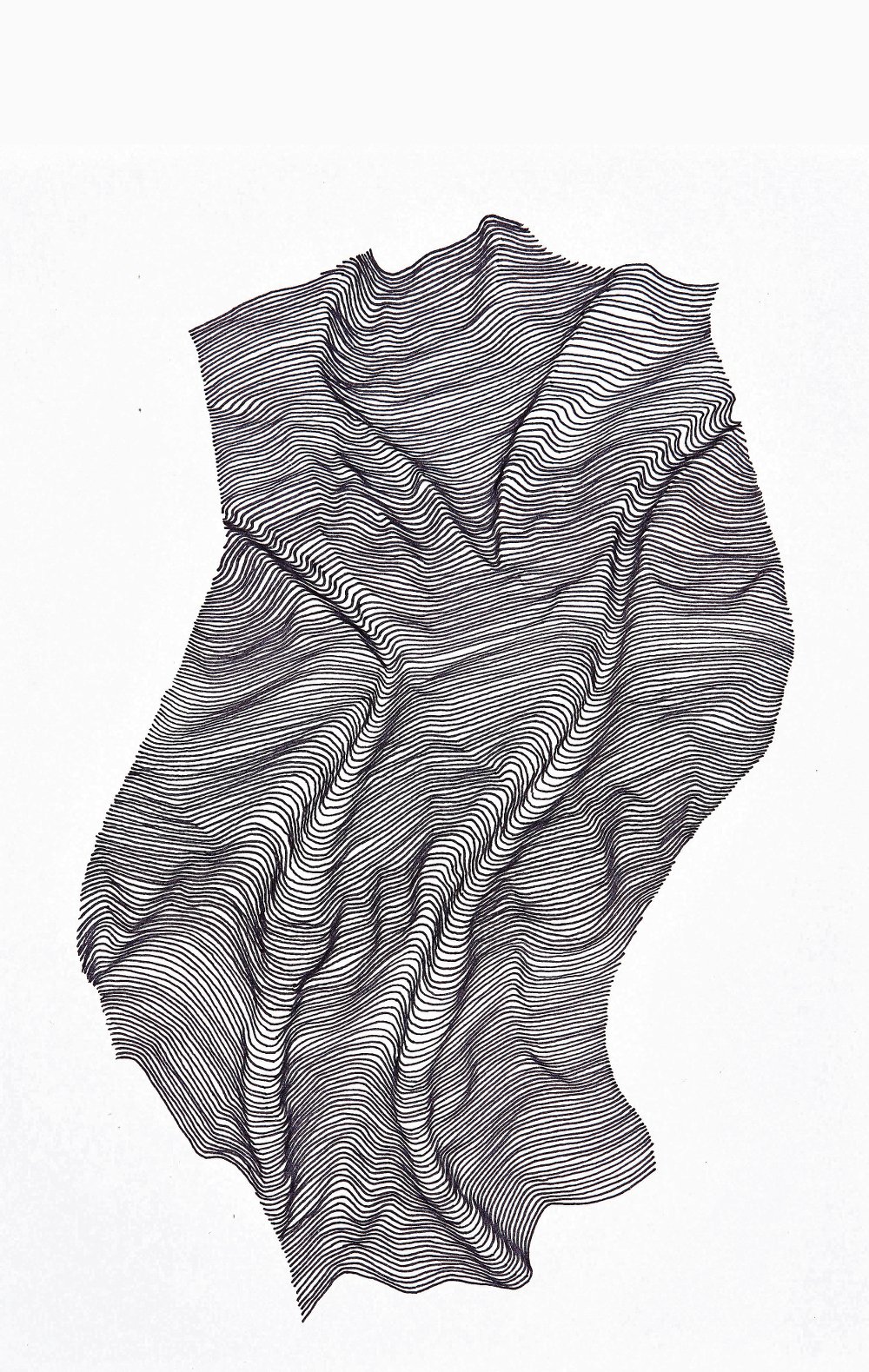Diamonds on display at the De Beers global sightholder sales in Gaborone. The high prices being placed on the boxes have resulted in sightholders declining them.
“What happens to a dream deferred?” Langston Hughes once asked. In a condensed version of the poem Harlem, he explores the idea by asking: “Does it dry up like a raisin in the sun? … Or does it explode?”
Looking to present-day South Africa, where students and citizens, disgruntled by unfulfilled dreams and promises made in the wake of democracy, take to the streets protesting against the pervading colonial legacy, the answer to Hughes’s question could be found in his words, “does it explode?”
?In his latest body of work titled Furthermore, emerging artist Nolan Oswald Dennis examines the lofty imaginings of a post-apartheid South Africa, peddled by political agencies largely in the advent of democracy.
“You sold us a dream and we are here for our refund.” This silver-ink line by Dennis on the gallery wall is just a fraction of the artist’s exhibition but embodies much of the message and nuances of his first solo show and the social malaise of the times.
As black youths address issues about decolonialism (possibly not too dissimilar to conversations their parents had in their youth), this captivating body of work by Dennis, born of South African parents in exile in Namibia in the late 1980s, examines the notion of repeating histories — the replaying of the past despite renewed political promises.
“The empire never ended,” writes Dennis in his artist statement, a reference to science-fiction writer Philip K Dick’s famed novel, Valis. And, in the context of South Africa, the empire, or colonial powers and their inherited capitalist system, continues to thrive despite efforts to flatten it. Continuing his futurist aesthetic, seen in artwork like the Brother Moves On’s A New Myth album or in murals, Dennis’s Furthermore looks at the always collapsing social fiction and the tactical forgettings necessary to build the dream.

Dark Places II (Goodman Gallery)
The dream sold. The dream bought. The dream deferred. Unlike what was packaged and pushed to the masses in the early 1990s of a future South Africa united by love and peace, predicted to flourish in a post-racial utopia and epitomised by a six-colour flag representing the nascent democracy, Furthermore retells the sober version of the story in a dire apocalyptic scene.
It’s the end of apartheid, it’s grey and dull in the gallery, there are no images of brightly coloured flags, smiling faces of the multiculturalism that Mzansi was destined for, just a futuristic scene filled with obelisk- like sculptures wrapped in silvery prison blankets, monochromatic grey South African flags and a complex mapping system detailing events on the continent, such as migration, colonisation and the production of the future.
Dennis — one-third of NTU, a collective founded by “tech healers” Dennis, Bogosi Sekhukhuni and Tabita Rezaire, and concerned with the spiritual futures of the internet — speaks to me about the exhibition a few weeks after being accepted for a master’s course at the Massachusetts Institute of Technology (MIT) in the United States.
The interdisciplinary course is called a master of science in art, culture and technology, and only accepts seven people in the programme.
“This show is a result of stuff I have been thinking since I graduated,” says Dennis, who completed his architecture degree in 2012 at the University of the Witwatersrand, one of the many campuses undergoing a process of decolonialism. He now lectures architecture there.

Another Country (Goodman Gallery)
Dennis traverses art, architecture and theory, and Furthermore is made up of installations, videos and drawings, which is presented not only as an exhibition but also as a revolutionary work that attempts to rewrite the future. Its existence in a mainstream gallery does not lessen its message but adds to the protest sweeping across contemporary South African institutions fraught with colonialism, such as museums, galleries and academic spaces.
Dennis refers to a series of monumental drawings and sculptures, titled No Conciliation Is Possible, as a “kind of a futurist proposal written through action by the #RhodesMustFall movement”. His wax installation, the mercy of perpetual ignition, according to him, imagines “the act of burning as a rejection of inherited futures through the (e)rasing of property in the present”.
Furthermore is on at the Goodman Gallery in Cape Town until May 18. To inquire about helping Nolan Oswald Dennis raise funds for his MIT tuition, go to jhb@goodman-gallery